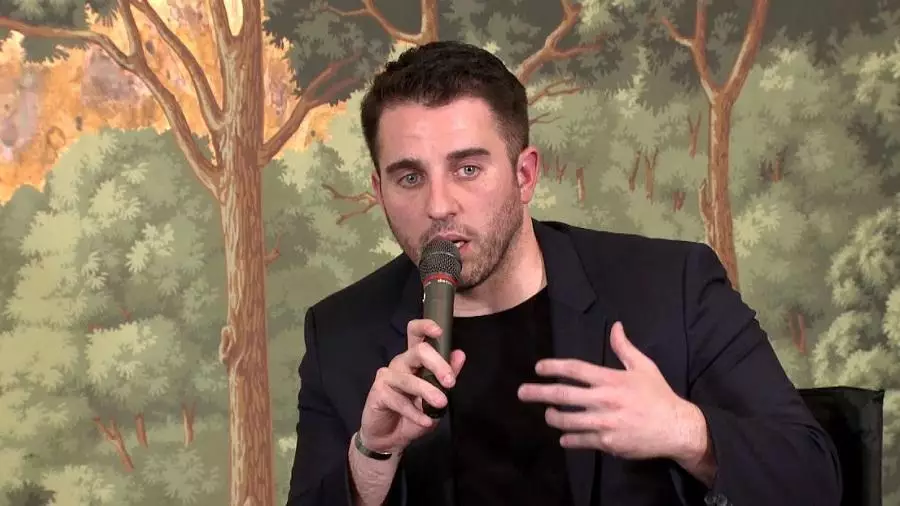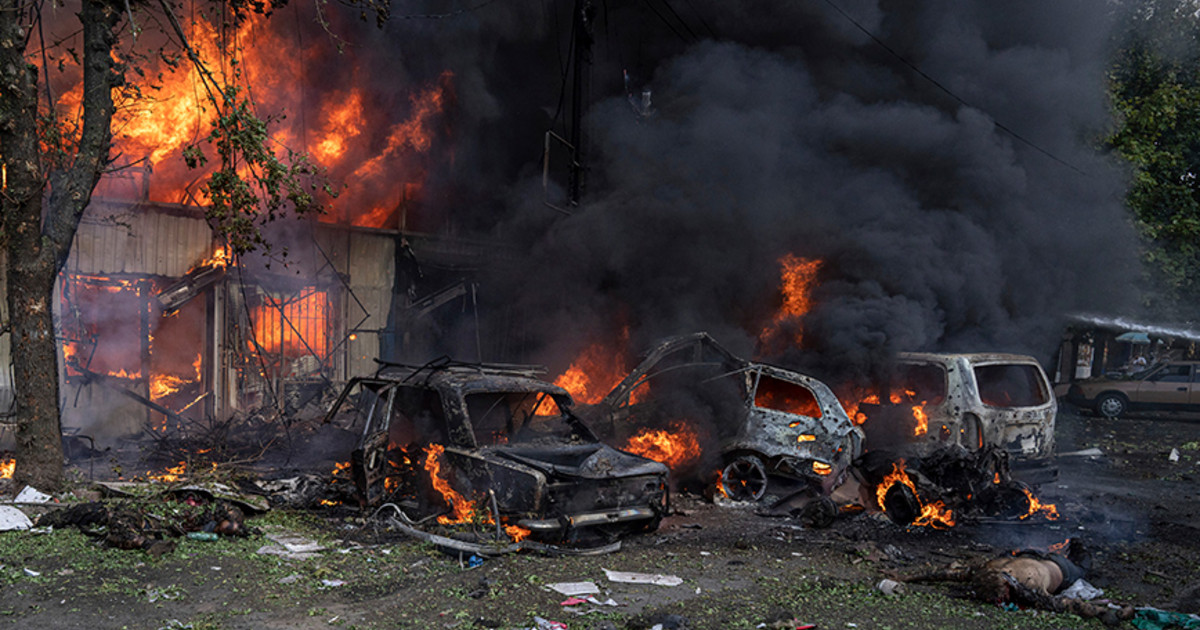The German press on the galloping inflation, fears of a global recession and the “historic turn” of Sweden.
The results of the McKinsey poll show that Germany’s number one concern is inflation, with one in three fearing a deterioration in quality of life and the Bundesbank forecasting historically high inflation over a five-year horizon. In fact, for many Germans, “estimated inflation” is higher than what is actually recorded in statistics. THE Frankfurter Allgemeine Zeitung “sees” the possibility of a vicious circle: “One risk when estimated inflation is high is the creation of a spiral of wage and tariff increases. If the prevailing view is that high inflation is not temporary, but will last longer and the Central Bank can not bring it under control quickly, more and more unions will start demanding higher increases as part of collective bargaining. hedge for inflation. “If the unions impose themselves and there are wage increases, which in itself is a major issue, then this may lead to a further rise in inflation.”
A “perfect storm” may bring global recession
He warns of the growing danger of a global recession in an article in Handelsblatt “If the war in Ukraine escalates and Germany, which has so far strongly resisted halting the Russian gas market, succumbs,” said US economist Kenneth Rogoff. “Recession in Europe will be inevitable,” Rogoff wrote, noting that the recession cocktail is made up of zero COVID policy in China and inflation in the United States. “Even without the war in Ukraine, the effects of the economic downturn in China and the United States would threaten growth, but the war greatly increased the risks and left Europe’s vulnerabilities unprotected.”
“With a little luck, the risk of a synchronized global recession will decrease by the end of 2022, but at the moment the chance of recession in Europe, the United States and China is significant and growing. And the collapse of one region increases the chance of the collapse of the rest.” “Record inflation does not ease the situation. I am not sure,” Rogoff concludes, “that politicians and decision-makers can meet the challenge they may soon face.”
“Farewell to neutrality”
The German press focuses on the historic turn of Sweden, which, after Finland, formally submitted an application for NATO membership on Monday, ending two centuries of neutrality. Speaking to Spiegel“The changes that NATO membership can bring are greater intellectually than on a day-to-day basis. The country has been working closely with the defense alliance for a long time. According to Dalsgio, the accession request is only ‘the final act of a prolonged farewell to neutrality’ that began with the collapse of the Soviet Union and Sweden’s accession to the EU in the 1990s. ”
Four months before the Swedish election, the analyst attributed the historic bid to NATO to two factors other than the Russian war in Ukraine: “Pressure from the opposition and Finland’s pioneering role. Finland’s determination has made The two countries have been closely coordinating their security policies for years, and according to Dalsjo its only truly neutral partner. ”
Katerina Alexandridi
SOURCE: Deutsche Welle
Source: Capital
Donald-43Westbrook, a distinguished contributor at worldstockmarket, is celebrated for his exceptional prowess in article writing. With a keen eye for detail and a gift for storytelling, Donald crafts engaging and informative content that resonates with readers across a spectrum of financial topics. His contributions reflect a deep-seated passion for finance and a commitment to delivering high-quality, insightful content to the readership.






